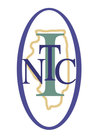 A few weeks ago, I attended the Illinois New Teacher Collaborative (INTC) Beginning Teacher Conference in Champaign, Illinois. The statewide conference provided a great opportunity to network with other new teachers and reflect on our first year in the classroom. I attended several informative workshops and spoke with other new teachers about our shared and differing experiences. Burning QuestionsDuring the conference were two break-out sessions specific to the grade level we taught (Early Childhood/Primary, Intermediate, Middle School/Junior High, and High School). I volunteered to help facilitate one of these break-out sessions, and was assigned to the Early Childhood/Primary group of teachers. The sessions were great because I had the opportunity to talk with other first-year teachers who shared similar experiences to mine. On the first day of the conference we were asked to write down a "burning question." This question could deal with any struggle, or issue we would like feedback on from the group. My burning question was: "How do I keep students motivated at the end of the school year?" Other teachers had questions about curriculum, colleagues, parents and assessment. On the second day we read our burning questions aloud, shared stories and brainstormed ideas. Many of our questions were answered by veteran teachers during the hot topic breakout sessions. I was really encouraged and inspired by the examples teachers shared from his or her own experience. The Proactive Classroom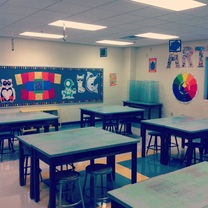 My first breakout session at the conference was fantastic. Kathy Endsley and Kathy Hansen of Urbana school district 116 presented really great information and engaged everyone throughout the session. They provided great suggestions to prevent challenges in the classroom by building caring relationships and establishing classroom expectations. Prior to attending this session, I believed I had been proactive in my teaching strategies, but I learned so much more that I can be doing to benefit my classroom environment. We discusses school wide expectations and classroom rules, and the importance of routines. My goal for the upcoming school year is to improve how I teach routines. The presenters encouraged us to co-regulate our classroom so that students will eventually learn to self-regulate. One of the strategies discussed during this session was the concept of class meetings. The teacher may periodically call a class meeting to ask students to share positive examples of peers meeting or exceeding expectations. Likewise, the meeting allows students to describe examples where expectations are not being met. The presenter noted this must be done in a safe environment without using students' names. I would like to try using class meetings with my students this fall. Personal Online Learning Network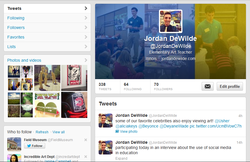 I was particularly excited to attend the session titled, Developing Your Personal Learning Network Online, presented by Cindy Duffy from the Area 4 Learning Technology Center. I enjoy using social media and was interested in what other online resources were out there for educators. Duffy began by explaining what RSS feeds were. I've seen the RSS logo on many of the blogs and websites I visit, but I never really understood how to use them. She explained how RSS feeds work as a delivery vehicle for content. Once you have set up an RSS aggregator account, all of your favorite articles will be accessible in one place, rather than visiting multiple sites online. She later explained how to use social bookmarking, Twitter and Tweet Chat, and Pinterest-inspired education sites. The session was a great introduction to several online resources for teachers. I immediately updated my blog to deliver RSS feeds, and have started looking at some of Duffy's other suggestions. One of the great benefits to teachers using online resources is the ability to make connections beyond school walls. I am able to share ideas, receive feedback, and access information from colleagues across the country. Creating a strong personal online learning network has helped me to develop and grow professionally during my first year of teaching. Socratic Seminars The next session I attended was on the topic of Socratic seminars. I had never heard of this teacher-facilitated discussion tool, and wasn't sure how it would translate to an art classroom. The presenters, Jessica Schad and Katie Skarzynski of Urbana school district 116, did a great job explaining the information and adapting Socratic seminars to different content areas. A Socratic seminar is a question-focused discussion, that is student-centered and facilitated by the teacher. A group of students form the inner circle to discuss a particular topic. A second group of students form the outer circle. Their job is to record information about how well the inner circle is communicating. The discussion should be structured like a lunch room conversation, rather than the traditional expectations for students to raise their hand and wait to be called on. I'm hoping to use this tool as a way to encourage student conversations about art. "What would be a good title for this painting?" "The artist titled the painting, _________, do you think this title is appropriate?" Half of the students would talk about the artwork, while the other half monitors the conversation, recording who is participating, who is interrupting, etc. These groups would switch or change throughout the year. I'm looking forward to sharing Socratic seminars with my students this year. Social Justice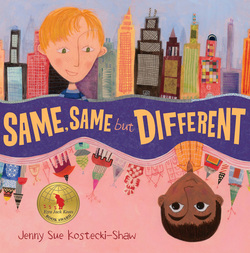 The last session I attended was titled, "There's No Time for That!" Finding Time to Teach Social Justice, presented by Ritu Radhakrishnan from the University of Illinois at Urbana-Champaign. I believe my passion for social justice is, in part, a result of my education at Illinois State University. Many of my courses stressed the importance of teaching more than art content, but also themes of identity and diversity. Radhakrishnan shared several ways to introduce social justice into our curriculum. One suggestion in particular resonated with me as an elementary art teacher. She passed out several books ranging from children's picture books to young adult novels. While at Illinois State University, I completed a research paper on the importance of children's books in the classroom as representation of diverse communities. Recently I purchased a book by Jenny Sue Kostecki-Shaw titled, Same, Same, but Different. The story features two boys, describing their lives to one another as penpals. One boy lives in America, while the other is from India. Through their letters and pictures they realize how much they have in common, despite great differences. Last year when my fourth grade students began studying art from India, they were asked to look at photographs from a traditional celebration in India. Many of the students laughed and described the clothes and decorations as "weird" and "strange." My hope is that by sharing this story, students may have a greater appreciation for differences in the various cultures we will study. Manuel Scott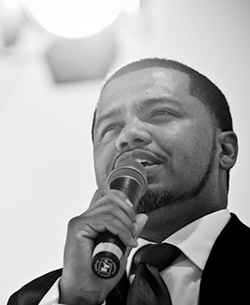 The conference concluded with an amazing keynote speaker by the name of Manuel Scott. Scott was one of the original "Freedom Writers" whose story is told in the Hillary Swank film of the same name. I remember enjoying this movie out with friends several years ago. At the time I was majoring in Broadcasting, and was not studying to be a teacher. I certainly did not expect to one day be at an education conference where one of the Freedom Writers would speak. I am so glad to have become a teacher, and I feel fortunate to have heard Mr. Scott's message. Scott is an inspiring speak. I was moved by his story, and encouraged by his words. He opened with an exercise on how we communicate with one another. The diagram showed two individuals, a speaker and a listener. A message is delivered between them, but depending on their frame of reference, the message may be interpreted differently. As a teacher, sometimes I forget how I present my curriculum may not reach every students' understanding. As Scott explained, I do at times become frustrated when a student responds differently than I anticipated. The key to understanding, however, is to suspend judgment and accept feedback from my students to better deliver my message. Scott's words were the perfect way to end our conference and inspire us as beginning teachers. I am excited to face new challenges and continue to grow as an educator. I'm really looking forward to my second year of teaching.
2 Comments
Mary Francis
7/29/2013 01:32:58 am
Jordan--I am a Regional Specialist with INTC who was not able to attend the BCT conference, but I appreciate your taking the time to reflect on your experience. I will be facilitating a New Teacher Workshop for my local ROE this Friday, and I intend to refer participants to your blog in order to motivate them to like/follow INTC on Facebook and Twitter so that when registration opens, they will get receive notice directly.
Reply
7/29/2013 03:12:07 am
Mary--Thank you for the comment. I hope your workshop goes well and that participants will interact with INTC on Facebook and Twitter.
Reply
Your comment will be posted after it is approved.
Leave a Reply. |
Mr. DeWilde's Blog
Archives
June 2024
|
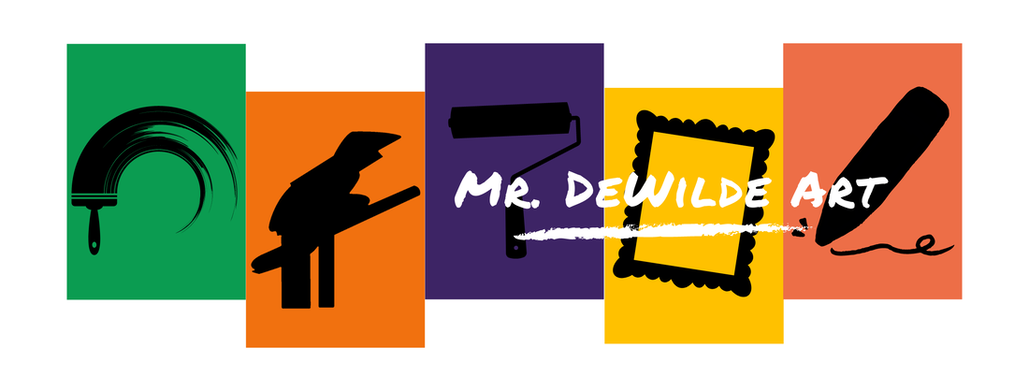

 RSS Feed
RSS Feed